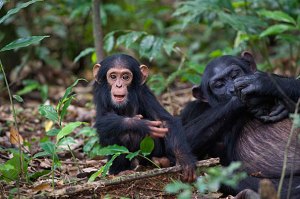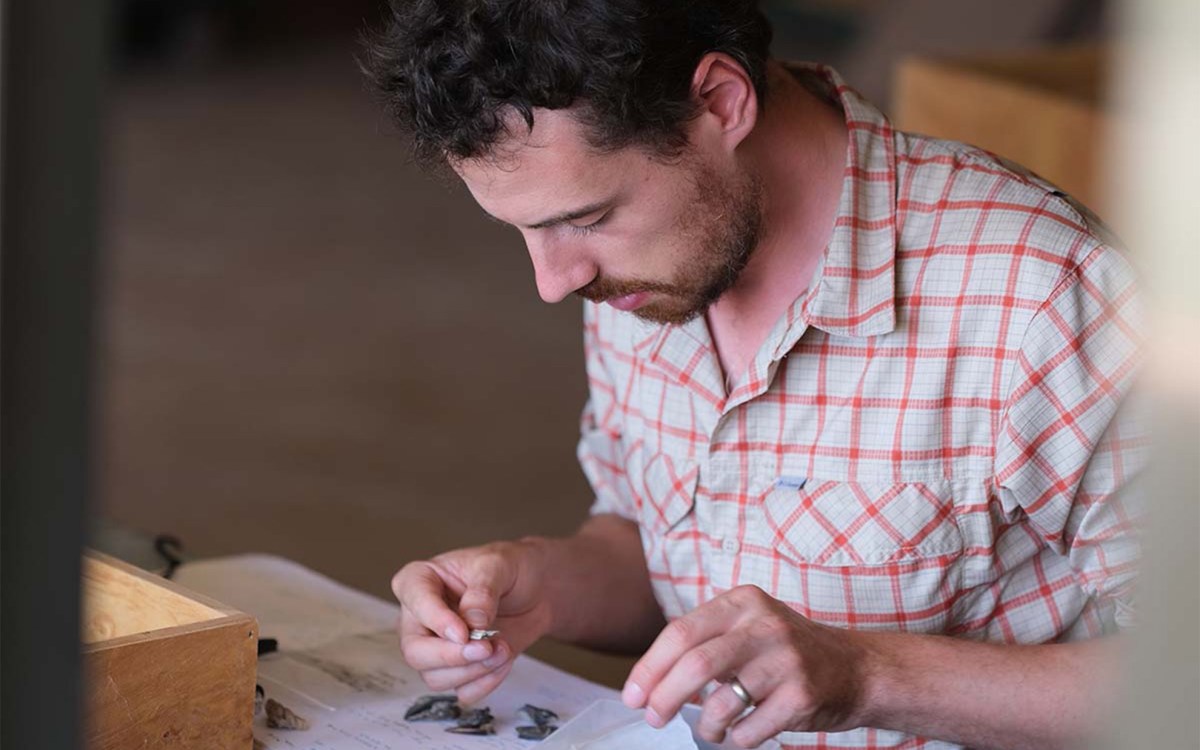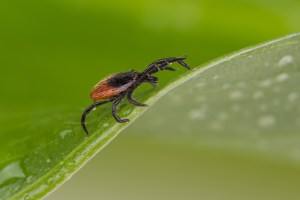Tag: Current Biology
-
Science & Tech
Why we need female mice in neuroscience research
Researchers found that female mice, despite ongoing hormonal fluctuations, exhibit exploratory behavior that is more stable than that of their male peers, countering the belief that the hormone cycle in females causes behavioral variation that could throw off results.
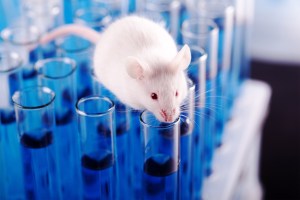
-
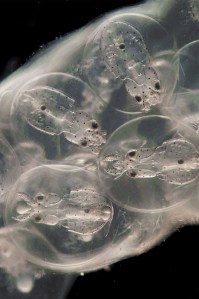
-
Science & Tech
People weren’t so lazy back then
Research comparing 19th- and 21st-century Americans finds a half-hour decline in physical activity. Blame it on planes, trains, and automobiles.

-
Science & Tech
Study challenges accepted notion of mammal spine evolution
A new Harvard study challenges the accepted notion of mammal spine evolution

-
Science & Tech
‘The most charismatic and strange of all flowering plants’
Sapria genome shows astonishing gene loss and gene theft.
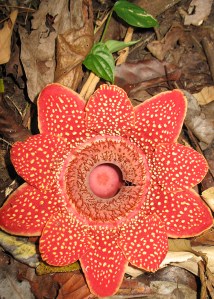
-
Science & Tech
Clever crows
A new paper, co-authored by Dakota McCoy, a graduate student working in the lab of George Putnam Professor of Biology David Haig, suggests that, after using tools, crows were more optimistic.
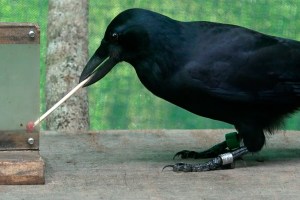
-
Health
Songs in the key of humanity
A new Harvard study suggests that people around the globe can identify lullabies, dancing songs, and healing songs — regardless of the songs’ cultural origin — after hearing just a 14-second clip.
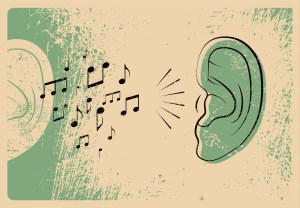
-
Science & Tech
A mother’s influence
Researchers have shown, for the first time, that chimpanzees learn certain grooming behaviors from their mothers. Once learned, chimps continued to perform the behavior long after the deaths of their mothers.
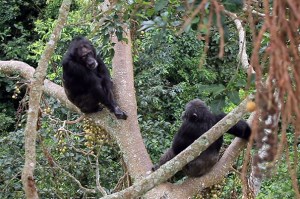
-
Health
Peeking between memory and perception
Your brain is able to stitch together a coherent 360-degree panorama of the world around you, and now researchers are beginning to understand how.

-
Health
A brain link to autism
Using a visual test that is known to prompt different reactions in autistic and normal brains, Harvard researchers have shown that those differences were associated with a breakdown in the signaling pathway used by one of the brain’s chief inhibitory neurotransmitters.

-
Science & Tech
Hierarchical differences
Female academics are less likely to collaborate across rank, a Harvard study found.
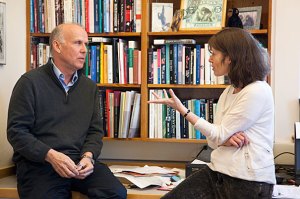
-
Health
Solving a biological mystery
A team of Harvard researchers has shown that insects like crickets possess a variation of a gene — called oskar — that is critical to the production of germ cells in “higher” insects. That discovery suggests that the oskar gene emerged far earlier in insect evolution than researchers previously believed.
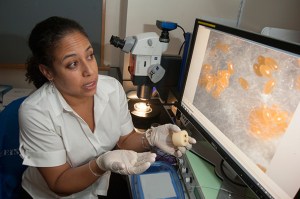
-
Health
Female chimps treat sticks as dolls
Researchers at Harvard University and Bates College say female chimpanzees appear to treat sticks as dolls, carrying them around until they have offspring of their own. Young males engage in such behavior much less frequently.
